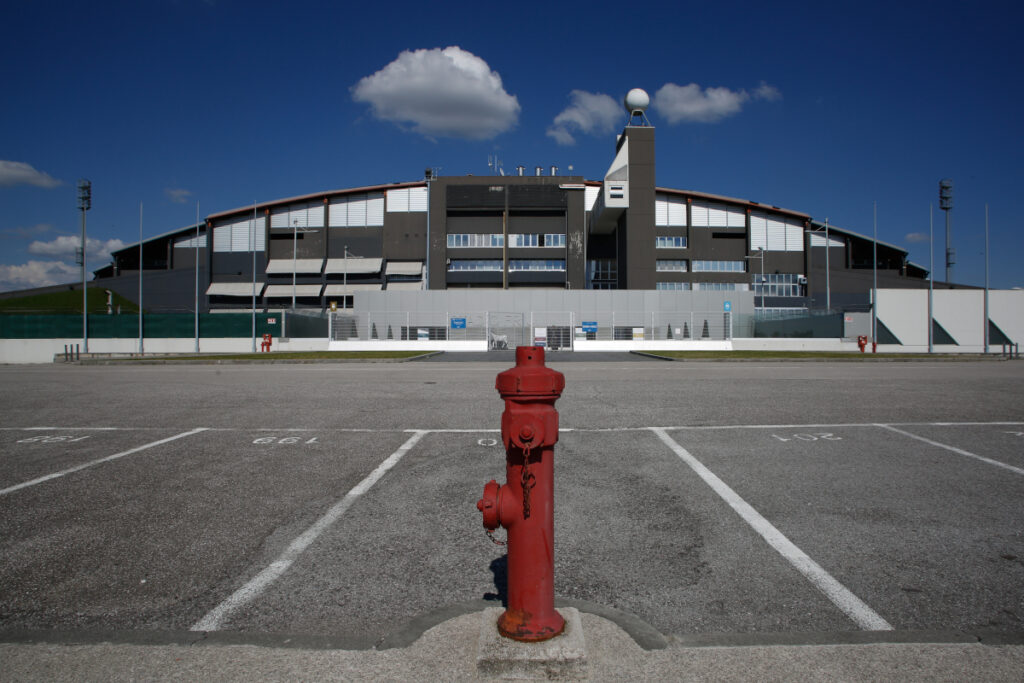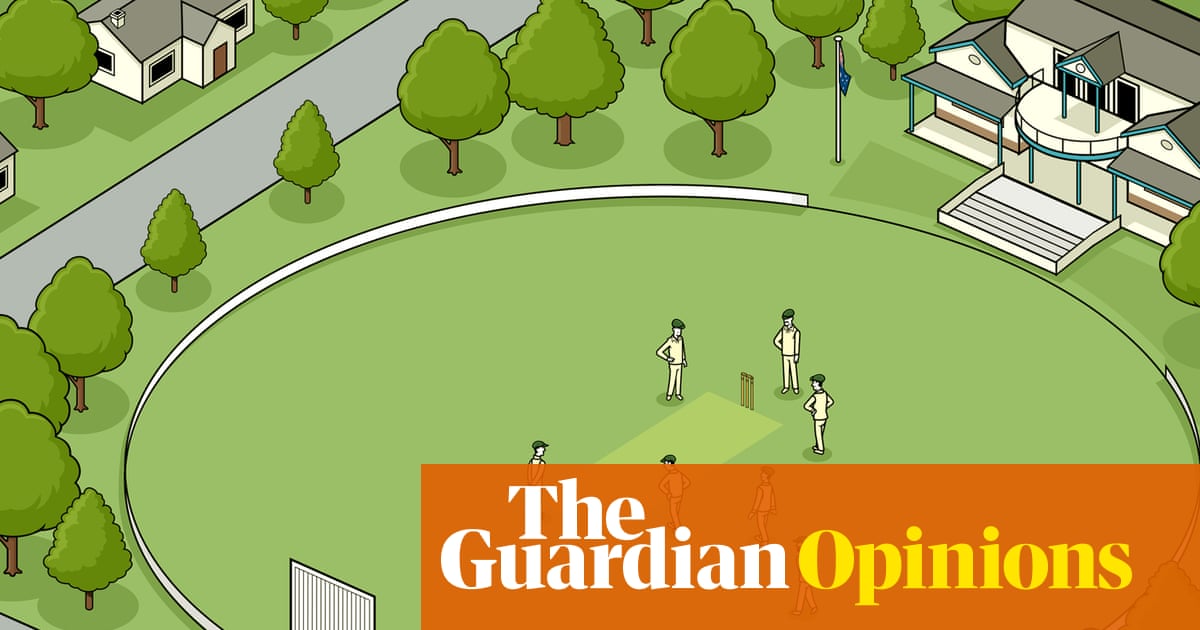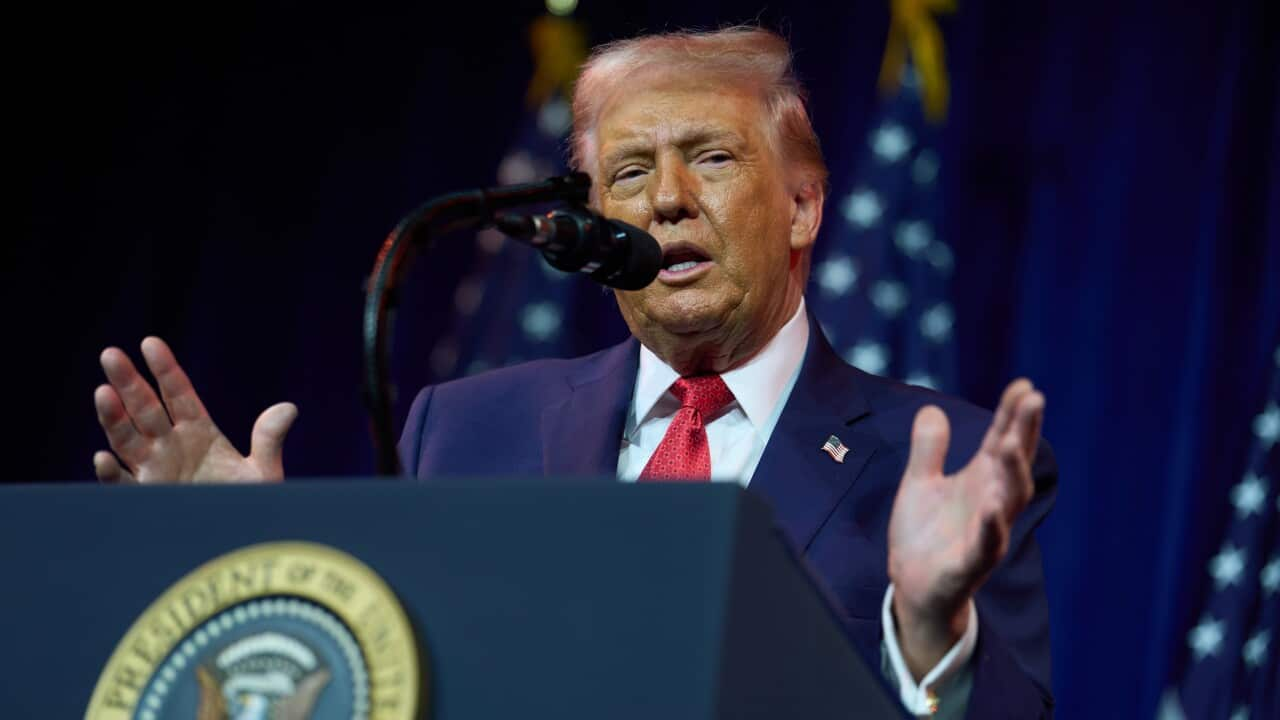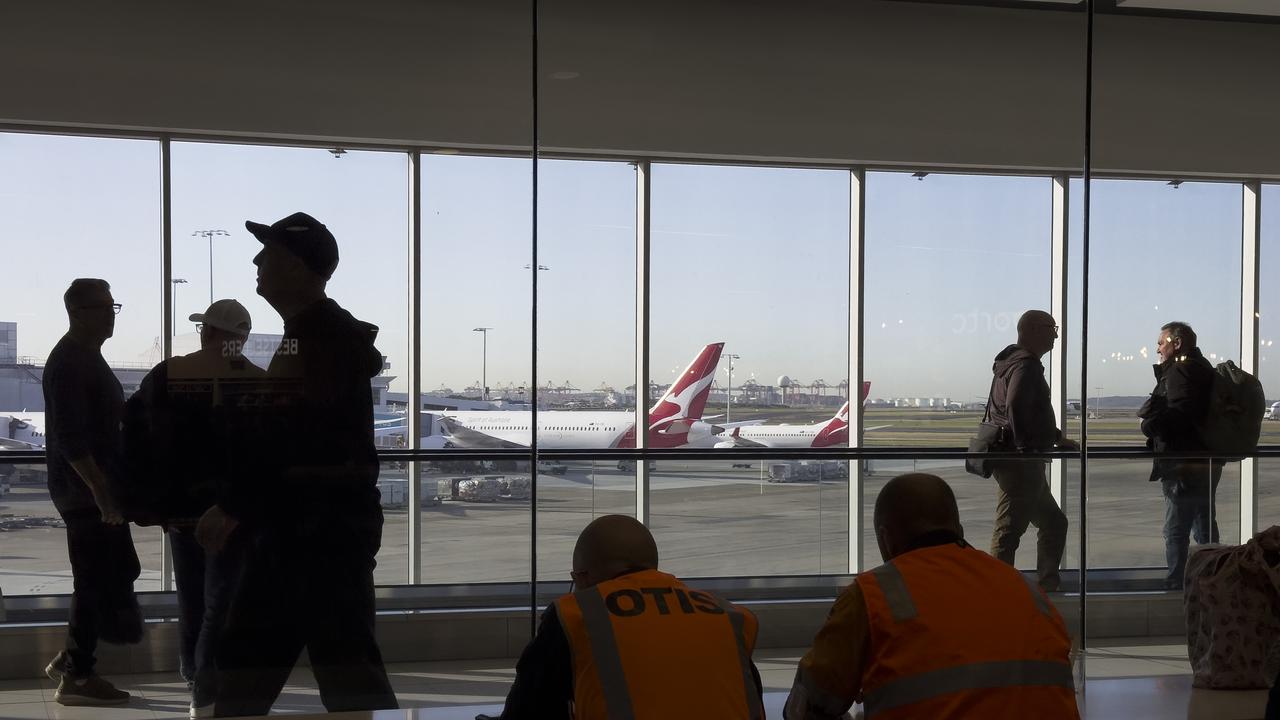
The Mayor of Udine has expressed significant concerns over hosting the Italy vs. Israel World Cup qualifier, scheduled for the evening of October 14 at the Stadio Friuli. With security restrictions and protests anticipated, Mayor Alberto Felice De Toni noted that 6,000 fans will be inside the stadium while 10,000 are expected to gather outside.
This match has become a focal point for protests due to the ongoing situation in Gaza. Despite calls for a boycott and appeals to UEFA and FIFA to suspend Israel from the qualifiers, the match will proceed as planned. The decision to host the game in Udine comes amidst a backdrop of widespread demonstrations and a general strike in Italy, intensifying the atmosphere surrounding the event.
Italy Hosts Israel Amid Rising Tensions
The decision to allow the match to proceed has not been without controversy. Mayor De Toni, speaking to LaPresse news agency, suggested that playing the match behind closed doors might have been a more prudent choice to avoid escalating tensions. “We will end up with 6,000 people inside the stadium and 10,000 outside,” he remarked. “It is a situation that was rather forced upon us, the situation is dramatic and paradoxical, there are going to be more people outside than in the arena.”
The anticipated protests are part of a broader wave of demonstrations across Italy, reflecting public sentiment against the ongoing conflict in Gaza. This development follows a series of large-scale protests and a general strike, underscoring the charged political climate.
Calls for Peace Amidst Sporting Tensions
Despite the current tensions, there are efforts underway to foster peace in the region. Mayor De Toni expressed a hopeful vision for the future, stating, “I would love one day for Udine to host a friendly match between Israel and Palestine, as it would mean we have two States and peace.” This sentiment highlights the potential for sports to serve as a bridge in times of conflict.
Meanwhile, the Stadio Friuli, which recently hosted the UEFA Supercup between Tottenham and Paris Saint-Germain, is no stranger to high-profile events. However, the upcoming qualifier presents unique challenges given the heightened security concerns and the political implications of the match.
Historical Context and Future Implications
The situation in Udine is reminiscent of previous instances where sports and politics have intersected. Historically, international sporting events have often been arenas for political expression and protest. The 1980 Moscow Olympics, boycotted by several countries in protest of the Soviet invasion of Afghanistan, is one such example. Similarly, the 2011 Bahrain Grand Prix faced calls for cancellation due to political unrest in the region.
According to sports analysts, the decision to proceed with the Italy vs. Israel match reflects the complex interplay between sports and diplomacy. “Sporting events can both unite and divide,” said Dr. Marco Rossi, a political analyst specializing in international relations. “They offer a platform for dialogue but can also amplify existing tensions.”
As the match approaches, the focus will be on ensuring the safety of attendees and managing the protests expected outside the stadium. The outcome of the game, while significant in the context of World Cup qualification, may ultimately be overshadowed by the broader geopolitical issues at play.
Looking ahead, the situation in Udine could set a precedent for how future international sporting events are managed in politically sensitive contexts. The hope remains that sports can ultimately be a force for peace and reconciliation, as envisioned by Mayor De Toni.





